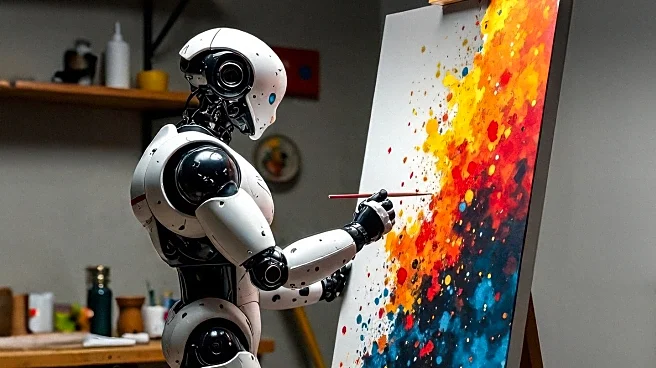What's Happening?
Japan's top tariff negotiator, Ryosei Akazawa, is set to visit Washington to advocate for the swift implementation of a tariff reduction on Japanese automobile imports. This visit aims to encourage President Trump to sign an executive order that would enact the agreed-upon tariff cuts on automobiles and automotive components. The deal, part of a broader trade agreement between Japan and the U.S., seeks to lower tariffs to 15% on Japanese auto imports, enhancing trade relations between the two nations. Akazawa's visit underscores Japan's commitment to ensuring the deal's timely execution, which is crucial for Japanese automakers seeking to expand their market presence in the U.S.
AD
Why It's Important?
The implementation of the auto tariff deal is significant for both Japan and the U.S. as it could bolster economic ties and facilitate smoother trade relations. For Japanese automakers, reduced tariffs mean increased competitiveness in the U.S. market, potentially leading to higher sales and market share. For the U.S., the deal could lead to reciprocal benefits in other trade areas, fostering a more balanced trade relationship. The move also reflects broader international trade dynamics, where countries negotiate tariff agreements to enhance economic cooperation and reduce trade barriers.
What's Next?
Following Akazawa's visit, the next steps involve President Trump's decision on the executive order. If signed, the tariff reduction will take effect, impacting the automotive industry and trade policies. Stakeholders, including automakers and trade officials, will closely monitor the developments, anticipating potential shifts in market strategies and trade volumes. The outcome could also influence future trade negotiations between the U.S. and other countries, setting a precedent for tariff discussions.










